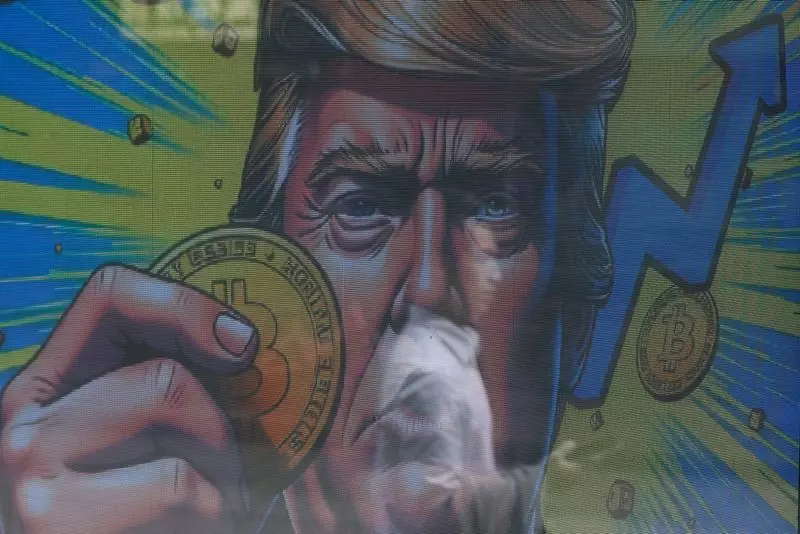In a significant turning point for the cryptocurrency landscape, Bitcoin has surpassed the remarkable $100,000 mark, a milestone that many industry watchers had anticipated, particularly in light of recent political events. This surge can be traced back to the political and economic sentiments surrounding cryptocurrency, particularly following Donald Trump’s election, where his pro-crypto stance has arguably accelerated this trend. While the exact dynamics behind this shift are multifaceted, it marks a shift in how financial assets, particularly cryptocurrencies, are perceived in today’s economic climate.
The recent price surge is not merely a product of speculation or retail interest; it is largely driven by institutional investment. The emergence of Bitcoin exchange-traded funds (ETFs) has attracted substantial capital from large investors, signaling a shift in the market from a predominantly retail-focused phase to one where significant institutional players are asserting their influence. As these new investment vehicles capture attention, the appetite for Bitcoin and cryptocurrencies, in general, appears to be expanding, reflecting a growing trust in the digital asset space. Such investments have bolstered not only Bitcoin’s price but also its legitimacy as a mainstream financial asset.
The latest cryptocurrency rally parallels a broader positive sentiment in stock markets. U.S. stock indices reached unprecedented heights amidst optimistic predictions regarding potential rate cuts, suggesting a relationship between monetary policy decisions and market confidence. Meanwhile, Germany’s stock market displayed resilience, defying broader economic challenges across Europe. Nevertheless, this optimism stands in stark contrast to the increasing political instability in several nations, including France’s recent political upheaval marked by a no-confidence vote. Such crises highlight the fragility of traditional markets and the growing allure of cryptocurrencies as a means of insulation against political and financial uncertainty.
As various global markets grapple with upheaval, from France’s governmental instability to South Korea’s parliamentary motions against President Yoon Suk Yeol, the underlying anxiety may drive investors toward cryptocurrency. This shift is a response not just to market dynamics but also to the inherent risks associated with traditional assets. Individuals and institutions are increasingly looking to Bitcoin not just for potential gains but also as a hedge against volatile political climates. This growing trend raises questions about the sustainability of both cryptocurrencies and traditional markets in the face of shifting political and economic landscapes.
As we look to the future, key economic indicators are set to be released which may further influence market sentiment. Anticipation is building around U.S. retail sales data and German industrial orders due for release soon. These reports will provide insight into the health of these respective economies and may have implications for both equity and cryptocurrency markets. Investors will likely remain vigilant, as understanding the interplay of politics, economic data, and market behavior becomes essential in navigating this new financial frontier.
Bitcoin’s rise may signify a transformative moment not just for digital currencies but for the broader financial landscape, offering potential avenues for innovation and investment amid uncertainty.

